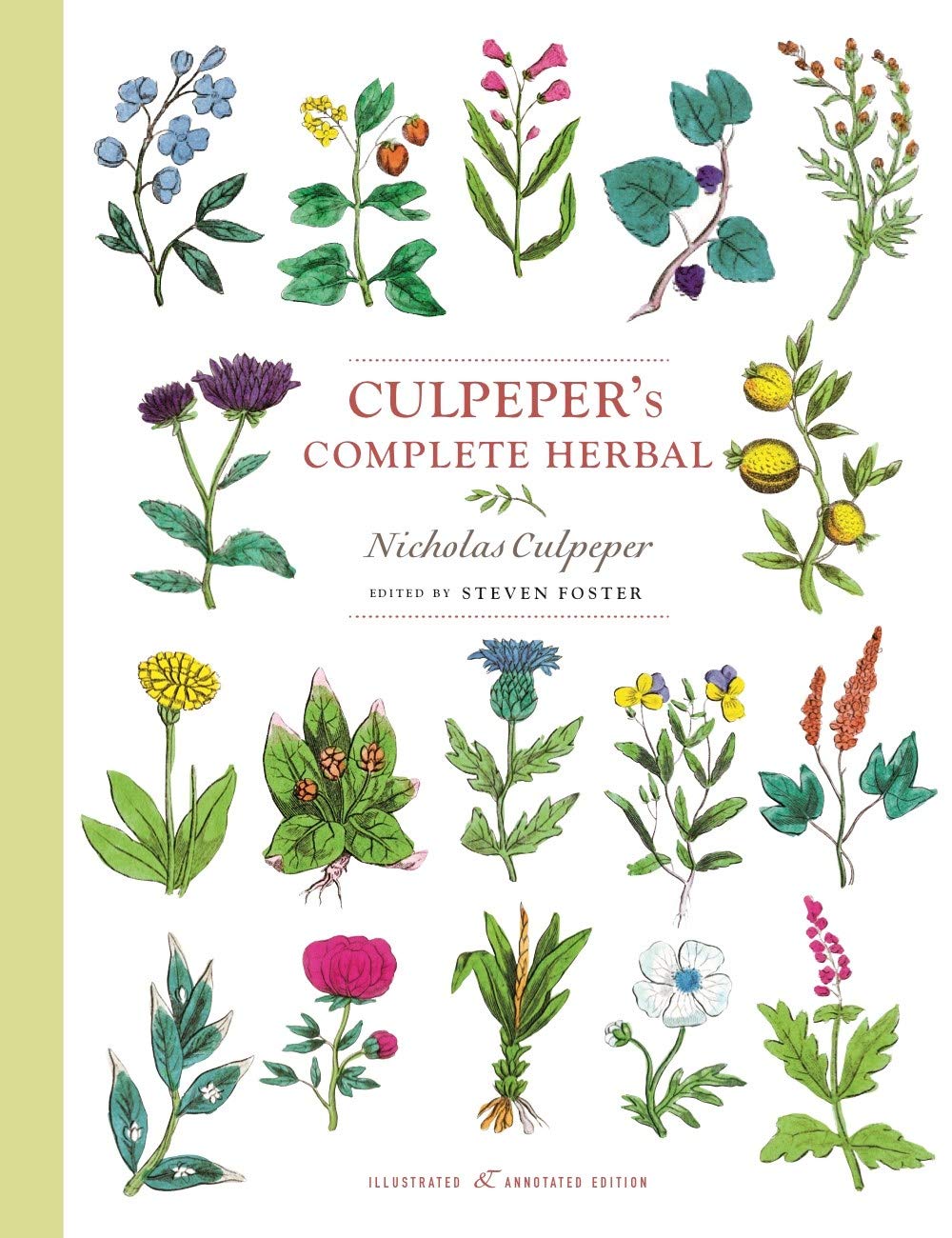“Culpeper’s ‘English Physician’ led to the concept of ‘teaching every man and woman to be their own doctor’ - an idea of lasting appeal that has contributed to and accentuated a five hundred year long schism between herbalism and medicine that still exists today. This is Culpeper’s overarching legacy.” Steven Foster, "Culpeper's Complete Herbal", Sterling Books, NY
I have been doing a great deal of research in the design and cultivation of monastic physic gardens this winter - in preparation for planting the Farm Soap Co. herb garden this spring. In a Hortus Conclusus monks during the Middle Ages would plant a wide range of plants for the treatment of common ailments - lavender and sage for headaches and swellings, mint for stomach pains, comfrey for respiratory problems, chamomile flowers as a sedative infusion and apples for making vinegar to clean wounds.
In a book entitled "The English Huswife" (1615) Gervase Markham writes about the craft of home distilling, listing several uses for sage as an antiseptic, angelica as antibacterial, roses as rosewater and rosemary as cleansing.
I have also been reading the works of the English botanist, herbalist and physician Nicholas Culpeper (1616 - 1654).

It was Culpeper's grandmother who introduced him to plants and he spent his whole life cataloging their uses. He studied at Cambridge University and when he married he set up a pharmacy in Spitalfields where he helped to treat patients with herbal remedies.
His most famous work , "The English Physician", which later became the "Complete Herbal", has been in continuous print since 1653. It is written in informal, accessible language and followed his ethos that medicine should be freely available to all.
Steven Foster writes: "Culpeper’s ‘English Physician’ led to the concept of ‘teaching every man and woman to be their own doctor’ - an idea of lasting appeal that has contributed to and accentuated a five hundred year long schism between herbalism and medicine that still exists today. This is Culpeper’s overarching legacy.”
He worked beyond the city walls because he was unlicensed and wanted to avoid the attention of the College of Physicians and the Society of Apothecaries, whose work he frowned upon.
It is an extremely useful guide into the intriguing world of herbs and has informed and inspired me.